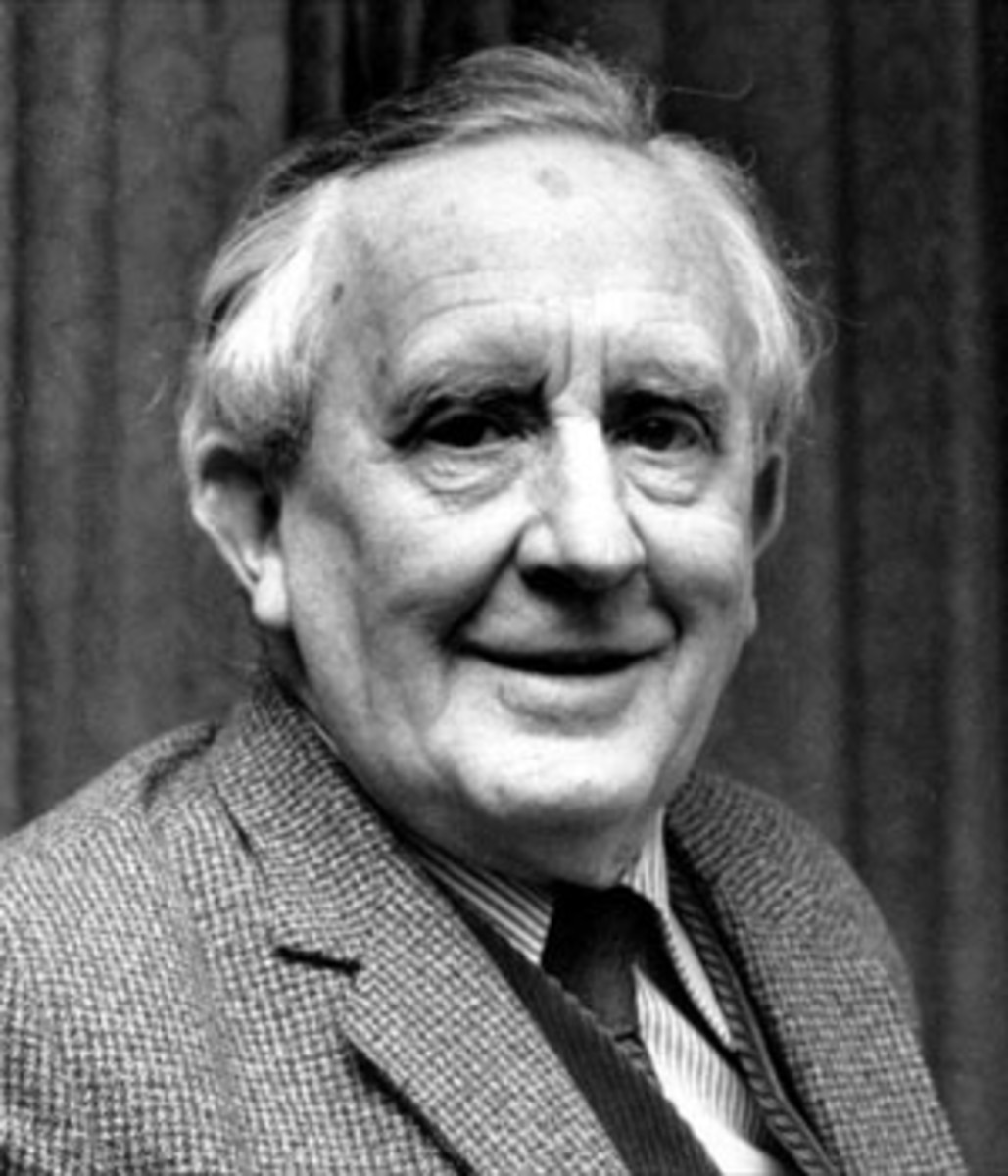Nature of Reality, Will the Real YHWH Please Step Forward 3) Apply Some Logic to Theology
The Great Pyramid of Giza




Theology must be logical
We use logic to think, to, reason, to understand virtually everything we do understand. Without it, there would be no understanding at all. Reason or reasoning is the process of understanding something using logic. You reason to a cause, justification or explanation of something you experience.
We do this all the time. You are doing this right now to see if what I am saying is true or false. That is logic.
Please continue to do that, but allow me to lay out the basic rules of logic. There are only four, and they are really easy but you will find that once you understand them you will start to understand how you come to correct conclusions. They are not my rules, no one owns logic, it is a description of reality. Reality existed before humans, ergo, logic is not a human set of rules, rather, something we discovered as we started to describe how we think and how reality/truth is determined.
The Simple Laws of Logic
And, at least this part, the most basic parts of logic, the basic rules are not difficult. Here they are:
1) The Law of Identity: “A = A” (Read this as: “A equals A”)
2) The Law of Non-Contradiction: “A ≠ Non-A” (Read this as: “A does not equal non-A.” In other words, ‘A’ is not something else.)
3) The Law of Excluded Middle: “A ν Non-A” (where the Greek letter ν, or, nu, stands for "either, or" so, read this: “Either A or non-A.” In other words, you can’t have both A and non-A at the same time and in the same manner. You can’t have it both ways, the middle term is excluded.)
4) Rational Inference (words strung together have inference beyond actual meaning, for instance, the antithesis, or opposite is false, so “I see the sky is blue” directly infers that the sky is not red, and indirectly infers I can see the sky so there is at least some clear spot where I can observe this color.)
From here logic moves into lots of mathematical formulae to ensure the relationships are correct and the form is correct, and so on, and some of this deals with fallacies or errors, and there are a lot of errors, it is easy to make an error. We don’t need to deal with these now, we are primarily concerned in this book with these laws.
Worldviews
We need to understand that we all have a worldview, a specific viewpoint about the universe that partly informs us of what is allowed into our thinking as basically true or false (before closer consideration), and this priority descends to individual categories of thought.
A worldview may travel under different names or titles such as metanarrative, a philosophy, or philosophic outlook, a fundamental orientation, fundamental cognition, fundamental existential postulate, or normative postulates, but whatever you call them, it forms a basis for thinking about things, it is your metaphysical assumption or presuppositions. This is our primary truth filter which is the crud filter, eliminating things that don’t conform out of hand, as you might say, or, as above, before careful consideration. It helps filter ideas rapidly so we are not simply overwhelmed with ideas, but it is also tough, and can be quire recalcitrant.
Why is it metaphysical? Because it isn’t physical. It is a though and thoughts, beliefs, philosophy and such are not physical things, the are metaphysical.
A naturalist, someone who holds the worldview that only nature exists, i.e. there is nothing supernatural or above nature, by definition excludes everything that is supernatural, and so, even if he/she saw a supernatural event they may simply thing it was a mental trick, an illusion or other excuse for disbelieving what they have seen.
The problem with this is that the presupposition of naturalism is metaphysical. He didn’t find it under a rock, or in a test tube. Rather he/she learned it from someone else, accepted it in his/her mind, a very metaphysical process, and then applied it as if it were true without any naturalistic explanation for how it could be true.
We all do this to some extent.
So the worldview informs us of what answers are and are not acceptable. Natural Sciences pretend that they do not have a presupposition, but, with few exceptions, they absolutely do, and it is the presupposition I have just discussed. They exclude things outside of nature. Of course, this means that their explanation for what happened before the Big Bang is just a fairytale because none of nature then existed and none of the laws would have existed because the naturalistic belief is they all came into being at the Big Bang. The event itself, according to their faith, is their creator.
Hydrogen bombs don’t create life. I wonder why something, say, a hundred trillion magnitudes of order larger would result in life? Since we need to impute known processes to unknown field which have similarities, how does this work?
Strange, but that is what they put their faith in, that is, they believe it is true and act on that belief, the definition of faith.
My Presuppositions
We started with this presupposition (part of a worldview) that the Bible is true for two reasons. First, for this book, the purpose of which is to show that the Evangelical movement, and all related theologies have replaced YHWH with a different and very inanimate or dead god. Second, because I do believe it is true. But that is a different story altogether, and, itself would require multiple books, but many have already been written by Howard R. Elseth, Greg Boyd, John Sanders, Clark Pinnock, Bob Enyart, and Dallas Willard.
Evangelicals in particular start with certain preconceived notions about god and they take verses out of context to support this particular worldview. If you state anything to the contrary, you are simply dismissed as cracked, or worse, a heretic.
I speak here from experience.
The odd thing is, the weight of the evidence is heavily on my side of this issue, but this does not matter, anything in Scripture that does not match up to the presupposition, the a priori thinking, the evangelical worldview precisely as it exists in any particular church body is dismissed as an anthropomorphism, god apparently unable to communicate with people accurately must tell stories so we peons can understand it. I refer you to the work of Thomas Reid.
Suffice to say we all have a worldview, and, if we are going to know the truth, we need to know what that worldview is and the limits it places on our thinking. It needs to be considered and examined.
Mind you, I started this life in Calvinistic churches. It took a lot of reading the Bible and discussing this with friend willing to think outside of denominational walls to develop these ideas and never met an Open Theologian until a full fifteen years later.






